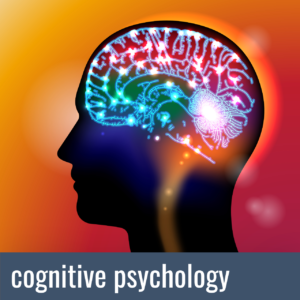Psychology is concerned with studying and understanding human nature, conduct and mind activities. Our anxiety, here, is with how psychology continues ahead.
No matter what, the methodology of standard Western psychology is to study and it is a logical one to understand the human way of behaving.
At the point when psychology previously arose out of reasoning in the last option part of the nineteenth hundred years, it was just normal for clinicians to get a portion of the strategies of the rationalist. One such strategy was contemplation.
Reflection was an approach to studying human nature and t functions of the human brain from the inside. It was felt that an understanding of mental cycles and how the psyche and cerebrum worked could be reached via cautious examination alone—contemplating thinking.
The issue with this contemplative methodology was that it was a simple emotional activity. There was no chance of determining the status of somebody’s introspections. Moreover, one individual’s introspections need to be different from someone else’s. Who is to conclude which introspections are correct and which are off-base?
Disillusionment
With the abstract way to deal with psychological exploration drove any semblance of Wilhelm Wundt, William James and John Watson to take on a goal approach and to lay out psychology as an exact, research-based discipline along these lines as the inherent sciences.
Reflection and subjectivity were abandoned, and a logical methodology and objectivity were embraced. The change completely changed psychology.
Rather than analyzing human nature and the brain from the inside, psychology presently changed from inspecting human nature and the brain from without. Essentially, this saw a shift from zeroing in and depending on emotional encounters to studying the particular way of behaving.
In the new psychology, a psychological theory or clarification of how the psyche or mind functioned needed to fit current realities of conduct as obtained from efficient perceptions and estimations.
And for a psychological approach to qualify as a logical theory, it must be fit for being scrutinized and, on a fundamental level, being refuted or distorted.. at the end of the day, a logical, psychological theory needs to give expectations or speculations that could be scrutinized, ideally through a trial.
It could have been more used having an idea which couldn’t be observed because there was no approach to laying out whether the theory was valid or misleading.
For instance, a theory expressing that “Fantasies are the buildup of daytime contemplations, ” an idea that could have been inferred through reflection or emotional encounters, is difficult to test.
It could be valid, yet it is challenging to consider any genuine approach to deciding its reality or misrepresentation.
The new psychology went for the gold, which is holding back nothing today, to figure out hypotheses that can be impartially put to the test utilizing observational strategies or, even better, experimental methods.

Then the logical methodology in psychology involves techniques used to assess hypotheses.
The system should be the goal, and speculations should be testable. However, we have no restrictions on how psychological theories are first determined.
They might be founded on long periods of exploratory and meticulous examination, a vague hunch, a splendid thought, or a glimmer of motivation or disclosure that comes to us in fantasy. Or on the other hand, while sitting on the loo or even in light of a political or strict perspective.
It doesn’t make any difference where the speculations come from insofar as they lead to expectations or theories about how factors are connected and which can be tried. This, then, at that point, is the premise of the logical methodology in psychology.





